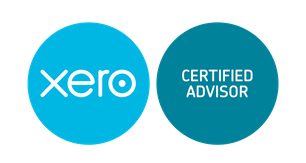SUNFLOWER ACCOUNTS LTD
Dividend vs Salary 2017/18
Stephanie Rickaby explores whether it is better to extract profits from a personal or family company as salary, dividends or both.
Before we decide on the most tax efficient strategy, I would recommend asking the question,
“what level of profits need to be extracted from the company?” Have you prepared a personal budget? If the profits are not needed outside the company, often it is more tax efficient to leave the profits in the company beyond a certain level.
What level of salary should be paid?
For state pension purposes, a person reaching state pension age on or after 6 April 2016 needs 35 qualifying years to gain full pension. Therefore where a director or family member does not have the full 35 years, then paying a small salary can be beneficial. To make a qualifying year, a salary must be set at £5,876 (2017-18). Up to a salary of £8,164, no national insurance is actually paid either employees or employers but you receive a notional zero rate contribution and receive a qualifying year towards your state pension.
Could we pay a higher salary?
Your personal allowance is set at £11,500, assuming no other income i.e. pensions, you could pay a salary equivalent to your personal allowance.
However you will pay employee national insurance at 12% and employers will pay NI at 13.8%.
Currently there is an employer’s allowance of up to £3,000 to help reduce an employers NIC bill. Therefore if you have not fully utilised this allowance you could pay a salary equivalent of your personal allowance as you will not be subject to paying employers national insurance on this salary level.
The company therefore receives corporation tax relief on the higher salary of £633.84 (£11,500 - £8,164 * 19%) But the director does have to pay employees NI of £400.32. This gives you a tax saving overall of £233.52





